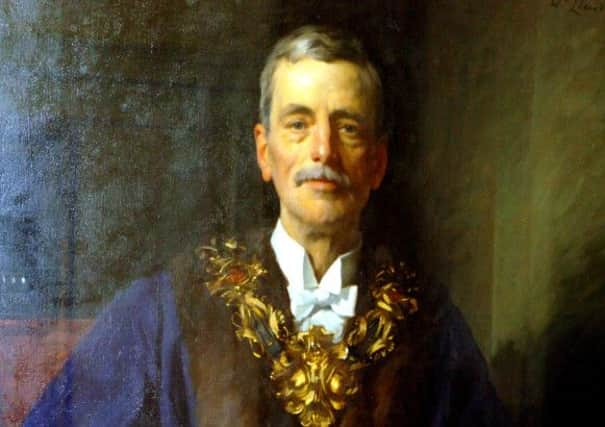End of the First World War in Lancashire


There were memorable street scenes of joy and relief throughout the North West. News that the war was over was announced in Preston Market Square from the old town hall steps by the mayor, Alderman Cartmell.
A crowd had gathered that Monday morning to watch the mayor present medals to two heroes of the Loyal Regiment when a message was passed to him. He read it and exclaimed, “Glorious news! The town hall clock is now striking eleven and the war is over!”
Advertisement
Hide AdAdvertisement
Hide AdThe crowd broke into cheers and many wept openly. As the news quickly spread around the town the Parish Church bells rang out. Schools closed at noon and so did all the factories. Workers from all parts banded together and marched in procession to the town centre cheering and waving flags.
Trumpeters from Fulwood Barracks sounded the Last Post on the town hall steps. In the afternoon St Thomas’s Boys Home orphans’ band played for the crowds on the Market Square. That night Dick Kerr’s band and Preston Military band played. The town hall clock was illuminated for the first time in years as black-out regulations were lifted - having been imposed after zeppelin raids on Bolton. The following day a united service of thanksgiving was held in the packed Parish Church.
Attending with the Mayor and Mayoress was their soldier son who was recovering from war wounds. More than 2,000 servicemen from the Preston area died in the conflict.
In Chorley, it was a message from the Evening Post that first brought news of the Armistice. Similar messages were also sent to Withnell, Adlington and other villages. Within minutes Chorley streets were packed with celebrating crowds. Cheering cotton workers deserted their looms and went round local mills bringing out other operatives. Boy Scout bugle bands paraded the streets and, for the first time in the town’s history a carillon was sounded on the town hall bells.
Advertisement
Hide AdAdvertisement
Hide AdIn the middle of Blackpool’s Talbot Square celebrations a seaplane dropped leaflets confirming the Armistice signing. The Union Jack was flown from the top of the Tower.
Lancaster’s streets quickly became a mass of colour as people heard the news. The King’s Own Royal Regiment band from nearby Bowerham Barracks paraded past the town hall steps where the mayor announced that the war was over. There were cheers for the King, Prime Minister Lloyd George and the Allied war leaders.
On hearing the news in Blackburn the mayor, a cotton mill owner, granted all his 2,000 workers a gift of £1 - then equivalent to half a week’s wage. When the Armistice news reached Southport court, magistrates immediately dismissed the case they were hearing.